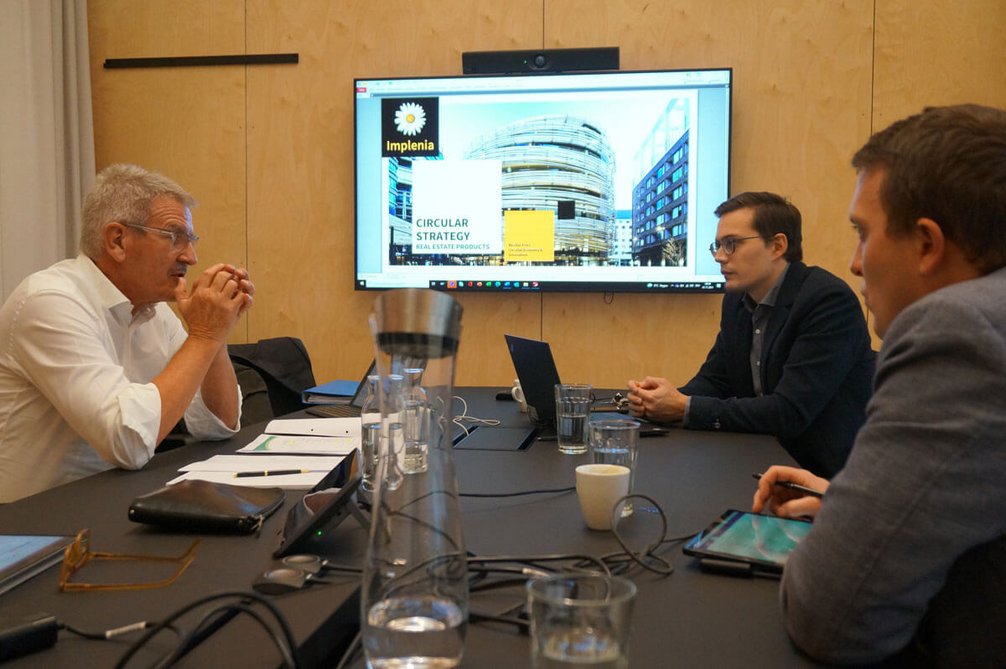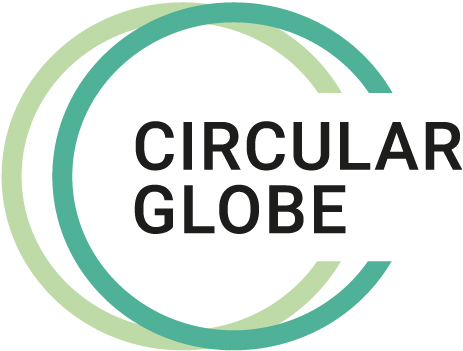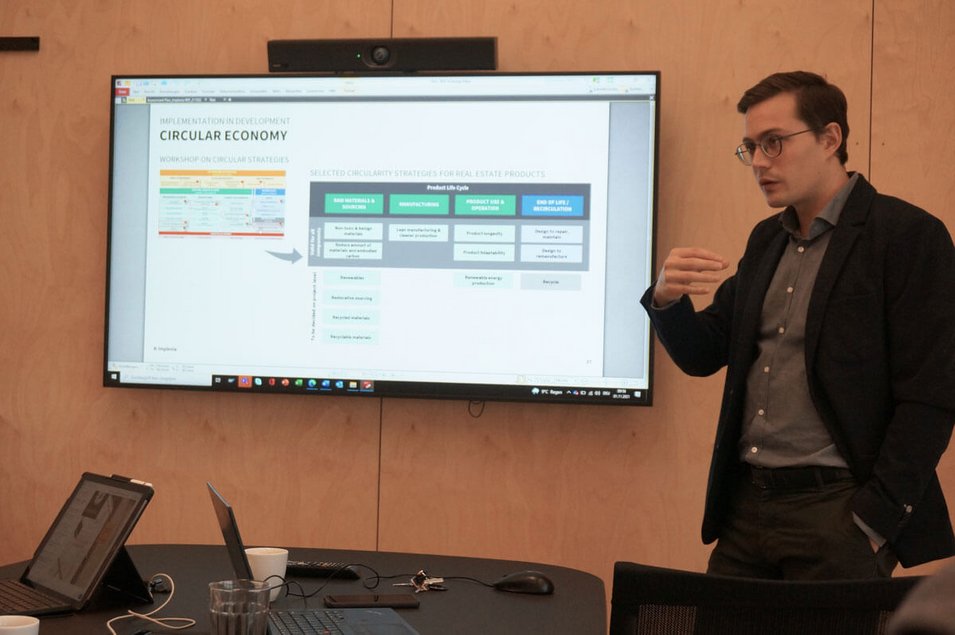Successful circular economy assessment

Switzerland alone generates around 70 million tonnes of material from demolitions, renovations and excavations. Given these enormous volumes, it is obvious that the construction industry bears a particularly large responsibility for keeping more materials within its operational cycle.
Implenia acknowledges this, and commits to circular economy principles in its corporate strategy: Consume as few raw materials as possible, reuse materials and construction elements wherever possible, promote separability and transparency, recycle waste, use recycled building materials.
Business Unit Real Estate Products has integrated the approach into its business model. Based on defined circulatory principles, the unit is developing standardised real estate products that can be scaled up or down for use in various projects.
“By developing real estate products that are made from healthy, energy-efficient materials and that can be used very flexibly, we are making a significant contribution to a more sustainable future,” explains Nicolas Fries, Circular Economy and Innovation Manager at Implenia.
To promote this approach, in spring 2021 Implenia’s Division Real Estate agreed to a proposal from the Swiss Association for Quality and Management Systems (SQS) and Quality Austria. These two organisations had developed a new type of assessment model called Circular Globe. This uses numerous criteria to test how circular an organisation is and show where there are opportunities for improvement.
Circular Globe is based on the latest science and on proven practical experience with circular economies. The assessment model also takes into account, among other things, the climate targets set out in the Paris Agreement and the UN Sustainable Development Goals.
Implenia agreed to let itself be tested under the new assessment model prior to its market launch. The assessors came to inspect the Real Estate Products unit for around three days. These external specialists started by analysing the existing structures, and then interviewed numerous employees with various responsibilities.
This intensive testing session produced important insights for everyone involved. It also showed that the unit was already organisationally well set up for the circular economy. It may not have been a full assessment, but Severin Boser, Head Real Estate Products believes it was very worthwhile: “Circular Globe has created a valuable foundation and provided new impetus for us to develop our business models further.”
In a next step, Implenia aims to build long-term partnerships, define sustainable supply chains and implement its circular strategy consistently in product development. And the first official certification by “Circular Globe” should happen soon.
You can find out here about some interesting pioneer projects that demonstrate how circular economies work in building construction and civil engineering, including on the construction site for the Waldenburg railway near Basel.



